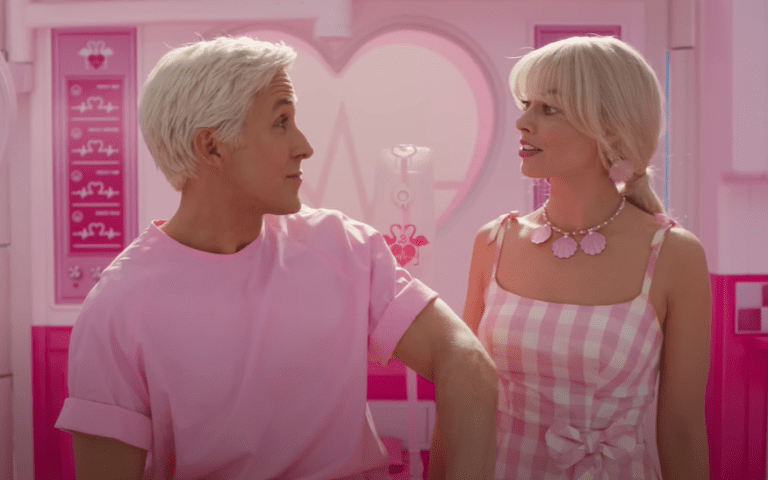
To some, “masculinity” has become a dirty word. The American Psychological Association recently released guidelines calling traditional masculinity “harmful.” Hollywood has been transparent about its disdain with popular movies like “Barbie.”
A recent Politico/Ipsos poll found that 36 percent of Americans believe “entertainment and culture make it hard to feel proud to be a traditional guy.” Likewise, 31 percent believe the Democratic party is “hostile” to masculine views. Republican Missouri Senator Josh Hawley has been open on this topic, telling Fox News Digital that American men lost their way due to combining factors like outsourcing American jobs, the rapid advent of technology, and the narrative that men are “oppressors.”
Hawley said, “I just think the message that the left has sent men in this country for decades now is that they’re trash. I mean, that’s a literal quote from a leftist professor. Men are trash. I think too many men have heard that message for too long and believed it in one form or another.”
Comedian Tim Young told Fox News Digital that the portrayal of men in the Barbie” movie is just one example. He said, “It’s pretty clear that the media views masculinity in only two ways: stupid or toxic. Like Barbieland, the concept of equality between men and women according to the media is fictional – and where there could be a chance to have everyone get along, their spin on things is to be divisive and put down men.”
Young continued, “The funny thing is, they’ll also be the first to scream that you’re misogynist or toxically masculine if you point out that they hate men in the ‘Barbie’ movie. There’s no such thing as misandry to them.” Still, Hawley believes that “Barbie” is not the only example of media portraying men poorly, pointing to sitcoms over the past three decades, saying men and fathers are shown as “complete idiots” or “actively malign influences.”
This cultural shift can also be seen in employment and across the economy, Brenda Hafera, a scholar at the Heritage Foundation, told Fox News Digital. In recent years, job numbers from the U.S. Labor Department have shown that fewer men of “prime working age,” 25 to 54, are working, which Hafera said is a long-term trend in the U.S. economy. She explained, “It’s been going on for more than half a century. Prime-age working men are willingly exiting the workforce. They’re not even looking for jobs, and this is very concerning.”
A decline in the workforce is not the only negative impact from this trend, Hafera said. “Boys are more at risk for suicide, they’re more at risk for incarceration, the deaths of despair among boys and men, which are deaths as a result of suicide or alcoholism, are increasing and actually male life expectancy is going down,” she said. “The primary cause is, of course, the lack of fathers in the home and the lack of male role models, which has just had a devastating effect on boys and men.”
The shift in values, and the struggles facing men, negatively impact women as well, Hafera said. “I think the sexes are completely intertwined. When men are doing poorly, that also affects women,” she said. “Women struggle to find fathers and husbands and good partners in life, and the reverse is also true. I think we need to dial back the narrative and the idea that men and women don’t need each other.”
Hawley encouraged men to embrace responsibility and push back on passivity and complacency. “Listen, real strength is found in providing for others. Real strength is found in responsibility. And the more responsibility you take on, the greater your influence, the greater your sense of purpose in life, the greater your legacy. And that’s the message I think men want to hear,” he said.
